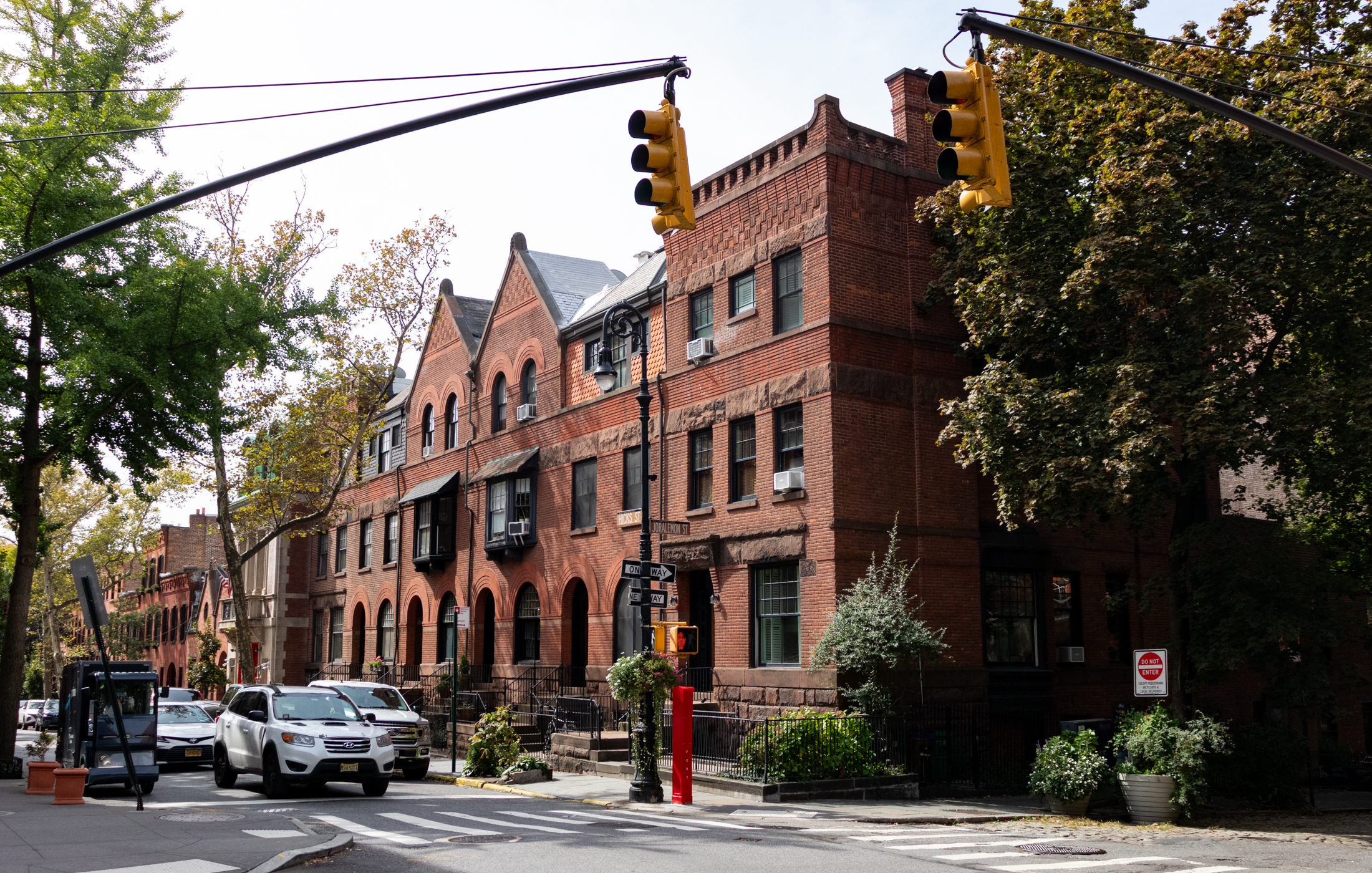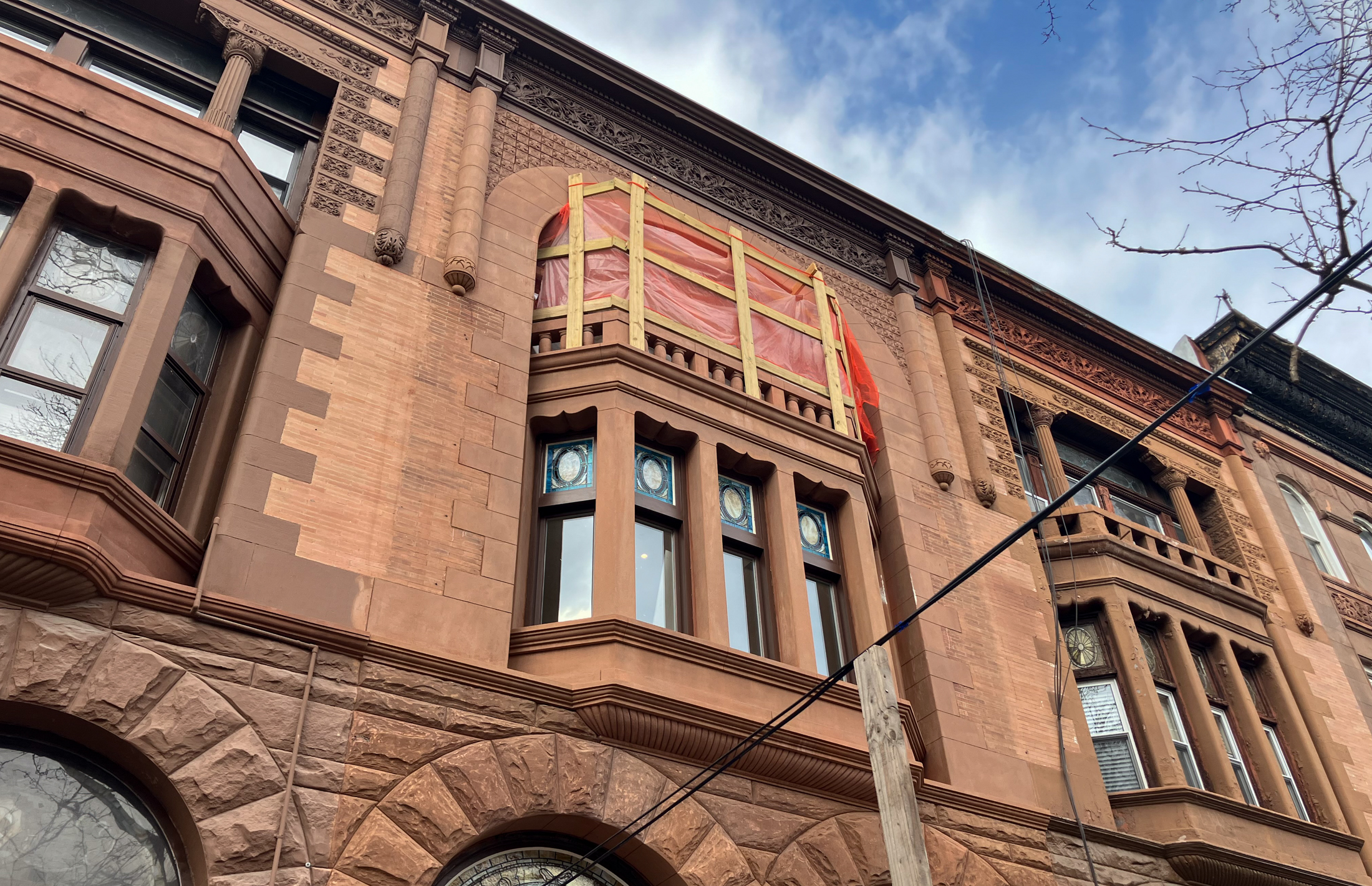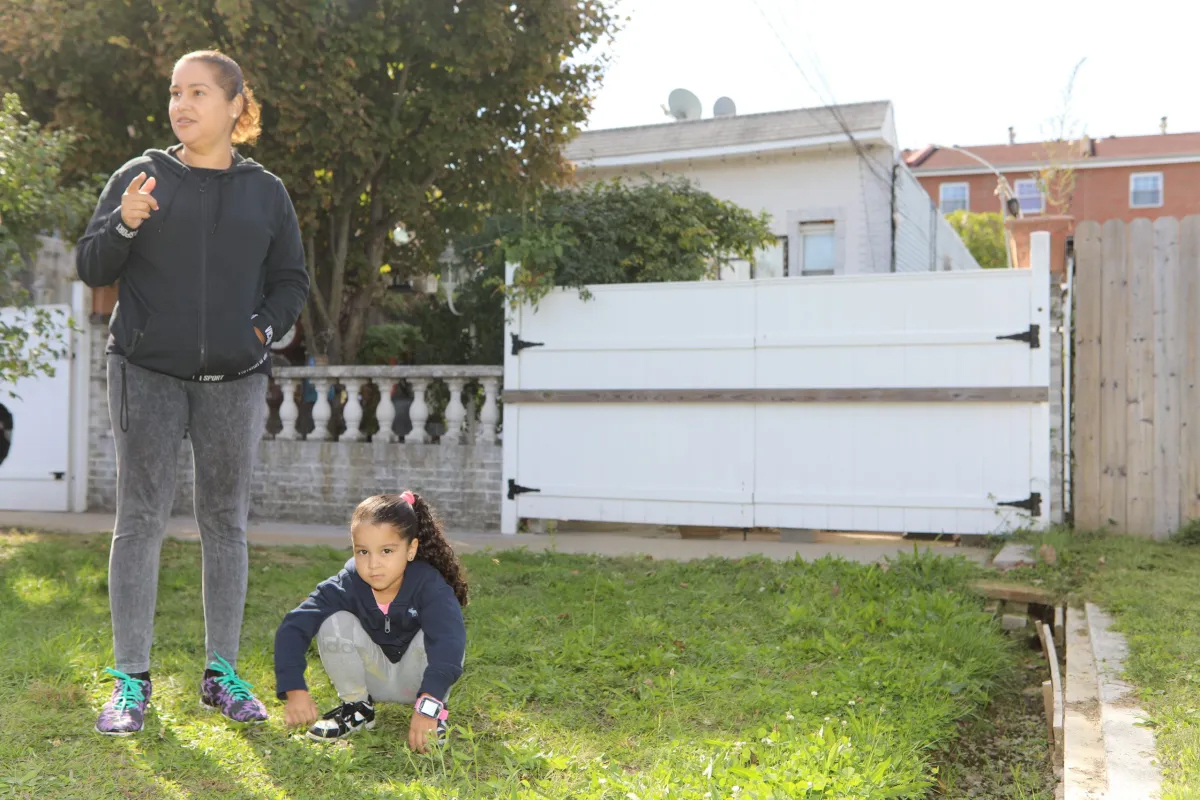Obama Details Rescue Plan for Homeowners
With almost one in ten houses either delinquent or in foreclosure, President Obama unveiled a more ambitious plan than expected yesterday that could end up helping as many as nine million Americans. The $75 billion portion of the plan directed at homeowners has two basic goals: 1) To help the roughly five million homeowners who…

 With almost one in ten houses either delinquent or in foreclosure, President Obama unveiled a more ambitious plan than expected yesterday that could end up helping as many as nine million Americans. The $75 billion portion of the plan directed at homeowners has two basic goals: 1) To help the roughly five million homeowners who are current on payments but facing high interest rates and unable to refinance because the value of their homes has deteriorated; 2) To incentivize lenders to modify the mortgages of roughly four million homeowners on the verge of losing their homes. In addition, the Obama administration will pump another $200 billion into Fannie Mae and Freddie to increase the general availability of mortgages. The plan also aims to lower consumers’ debt-to-equity ratios overall. This plan will not save every home, but it will give millions of families resigned to financial ruin a chance to rebuild, Mr. Obama told a crowd here, in one of the communities hardest hit by the housing crisis. It will prevent the worst consequences of this crisis from wreaking even greater havoc on the economy. And by bringing down the foreclosure rate, it will help to shore up housing prices for everyone. As The Times reminds us, modifying mortgages doesn’t always work.
With almost one in ten houses either delinquent or in foreclosure, President Obama unveiled a more ambitious plan than expected yesterday that could end up helping as many as nine million Americans. The $75 billion portion of the plan directed at homeowners has two basic goals: 1) To help the roughly five million homeowners who are current on payments but facing high interest rates and unable to refinance because the value of their homes has deteriorated; 2) To incentivize lenders to modify the mortgages of roughly four million homeowners on the verge of losing their homes. In addition, the Obama administration will pump another $200 billion into Fannie Mae and Freddie to increase the general availability of mortgages. The plan also aims to lower consumers’ debt-to-equity ratios overall. This plan will not save every home, but it will give millions of families resigned to financial ruin a chance to rebuild, Mr. Obama told a crowd here, in one of the communities hardest hit by the housing crisis. It will prevent the worst consequences of this crisis from wreaking even greater havoc on the economy. And by bringing down the foreclosure rate, it will help to shore up housing prices for everyone. As The Times reminds us, modifying mortgages doesn’t always work.
$275 Billion Plan Seeks to Address Crisis in Housing [NY Times]
O’s $75 Billion Housing Bet [NY Post]
President Obama Unveils $75 Billion Plan [NY Daily News]





snappy, I think it’s a nearly impossible problem — I did read that they’re going to sharpen the pencil as much as possible — including disqualifying anyone who lied about their income on their mortgage application, and anyone who took out a refi loan to spend the money on other things. sounds pretty smart, but already you run into trouble for people whose brokers changed the income entry on the application, and people who were sold a refi by predatory lenders.
Politically their hands are tied. they have to bail out people because they’ve already bailed out banks. That doesn’t necessarily hold water economically, but if these guys want to get re-elected, they’d better start cutting checks.
I guess “regret” is more the word I was looking for, not “remorse”. It’s hard to keep up with all these humanities majors…
anyway, if you’re a renter, real estate has been so in your face for so long that it will be great if all the noise just shuts off for a while. Should there really be a whole section in the NY Times about real estate? bigger than “arts”? I think that’s f*cked up.
I’ve said it before and I’ll say it again: I am no financial guru. And, perhaps, I shouldn’t even be commenting on this thread, but I’m really interested to know what those of you in the know think. Several threads back I read where someone (may have been Ringo) said that this type of action is essentially pointless because if you can’t afford the home now, a few points of interest deduction won’t really help you afford it tomorrow or in the long run (sorry if I misread his argument). I’ve also read where some feel like the foreclosures should be allowed to play themselves out, as the propping up of the housing market is foolish. I’m tempted to agree with that, except I get that feeling of ‘guilt gut’ when I think about the homeowners (not the irresponsible ones) who will lose their primary residence in the crash. I’ve read all the criticisms of the bailout and the current state of the housing market. I’ve read all the gloom and doom reports about where we are and where we are likely headed. What I haven’t heard yet is someone willing to put forth a viable alternative that could help out the deserving homeowners while not continuing to prop up an over-inflated housing market. I saw where some suggested going through the ‘paper trail’ to determine which homeowners got in a bad situation through no fault of their, but is that really feasible? To me, that has all the hallmarks of typical government wasteful spending (ie. spending millions on a study that shows that people who have lower levels of education make less money – no shit sherlock! – instead of spending that study money on bolstering education). How much time and money would that cost to make those determinations? Who is to make those determinations? Are there bright-line rules or is it subjective?
So, I’ve thrown out the question. Feel free to answer if you wish.
hey north slope renter, I’m a north slope renter too. I’ve always been irritated by all of the RE broker storefronts on 7th ave — it’s like we live in some kind of mall for apartment shoppers. there are SO many (12? 13?) that for a while I saw it as the surest sign that the bubble had reached apocalyptic proportions. the marketing of RE ownership is SO pervasive that you can’t possibly rent in any of these neighborhoods without remorse. I visited BH recently for the first time in years, and found the same thing (it was like a parallel universe)
I try to avoid feeling joy at the misfortune of others (what’s that darn german word again?), but when will those stores finally be gone? They’d make great cafe’s and charming little toy stores.
“The government plan is largely aimed at helping people who cannot refinance because their house is worth less than the owe on it”
North Slope Renter.
This is not so. Please read the Times’ story. This bailout is aimed at folks who cannot afford their payments and are in danger of foreclosure, NOT for folks who are meeting their payments, but are underwater (homes worth less than the mortgage). This latter class of folks is much larger in number, but this bailout is not aimed at them
The government plan is largely aimed at helping people who cannot refinance because their house is worth less than the owe on it.
The more property prices fall, the more people there are who fit this category, the more it costs the government to try to fix the problem.
Also, the more property prices fall, the less interest people have in buying property since they expect the price to be lower in a few months.
Falling property prices creates a self reinforcing cycle leading to more foreclosures and cheaper prices which makes more people “underwater” on their mortgages and fewer interested in buying which leads to more foreclosures and cheaper prices etc.
The government seems to be trying to approach the problem from both sides — preventing foreclosures to limit supply and easing credit to increase demand.
Obviously, if they end up encouraging more bad loans to people it will only make things worse, so loans standards will need to be much higher, but it seems that change has largely occurred already as the banks have decided that loaning people money to buy property that costs 5-10 times their annual income is dumb.
my thoughts: I think freddie borrows so cheaply now because they were nationalized. it’s really the treasury borrowing, not necessarily a good credit market sign.
The program in theory should help mortgage rates, because the “supply of credit” grows, but I wouldn’t look for a direct effect. more likely the treasury will target mortgage rates by intervening in long term markets.
anyone who is upside down will not be able to refinance, except a few who are 5% under and will fall into the new subsidy. your credit score won’t do squat for you unless you want to inject new money into the deal.
I hate that the government is taking bargains away from me too, but the systemic risk of mass forclosures is truly frightening, and a depression is worse than missing out on a bargain
I don’t mind the word ‘pump’ — that’s what you do for a dying patient in the hospital.
Everyone wants free money, but only home buyers of the last few years (with help from the banks and realtors) have managed to create a mess big enough to be a threat to their neighbors.
The social consequences of someone not paying back their student loans or credit cards or of someone overpaying for them because they were too stupid to deal with them and end up with penalties and compounding high interest is pretty much nil.
The social consequences of foreclosures are more serious.
If I don’t pay my credit cards, my neighbors have no particular reason to know or care.
If I don’t pay my mortgage, my house gets foreclosed and their property values go down.
So, the moral here is, if you want free money, you need to make sure your neighbors will be upset if you don’t get it.
“And by bringing down the foreclosure rate, it will help to shore up housing prices for everyone.â€
Why is this a good thing? Falling housing prices would be great for renters who are looking to buy. Using taxpayer money to keep houing prices unaffordable doesn’t strike me as such a great idea.